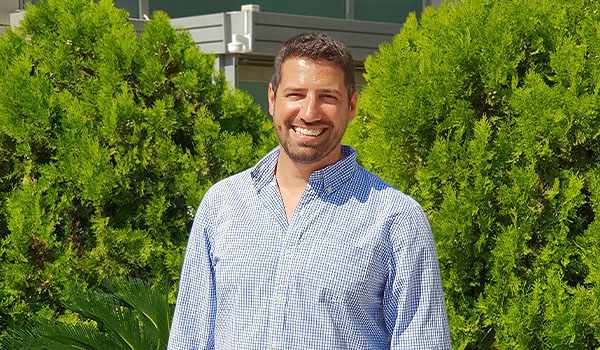


LAGOS, NIGERIA - Africa isn’t called the motherland without reason. Not only is she the birthplace of modern humanity,1but Africa is home to one of the richest and finest genetic diversities2of any known human race to ever have existed on the planet. Ancestral genes inherited from hundreds of thousands of generations embedded in the genetic makeup of Africans are responsible for this. Today, these genes are in over 2000 ethnolinguistic groups3in Africa.
The more genetically diverse a population, the greater its flexibility to adapt and evolve through adverse conditions. Genetic diversity is of scientific and clinical relevance. Scientifically, it helps researchers join the missing link in human evolutionary history.4Clinically, it aids understanding of how genes affect drug response and answers questions like ‘why one population is more susceptible or immune to a particular disease than another?’5
Research has shown, for instance, that Africans are at a higher risk of sickle cell disease,6an inherited disorder in which red blood cells have an abnormal ‘sickle’ shape. Sickle cell disease makes it difficult for oxygen-rich red blood cells to reach vital organs and tissues. Scientists believed this to be an evolutionary response against malaria.7Hence, people having either one or two of the sickle cell gene are less likely to suffer severe malaria complications, whereas those without the gene are more vulnerable. This explains why people with the AA genotype are more prone to malaria than people with the AS or SS genotype.
In 2003, the Human Genome Project successfully mapped out all the genes present in the human body. Most studies that contributed to it focused on European populations, and datasets of Africans were under-represented.8Likewise, a 2016 study9revealed that 81 percent of Genome-Wide Association Studies (GWA
The content herein is subject to copyright by The Yuan. All rights reserved. The content of the services is owned or licensed to The Yuan. Such content from The Yuan may be shared and reprinted but must clearly identify The Yuan as its original source. Content from a third-party copyright holder identified in the copyright notice contained in such third party’s content appearing in The Yuan must likewise be clearly labeled as such. Continue with Linkedin
Continue with Linkedin
 Continue with Google
Continue with Google









 3402 views
3402 views








